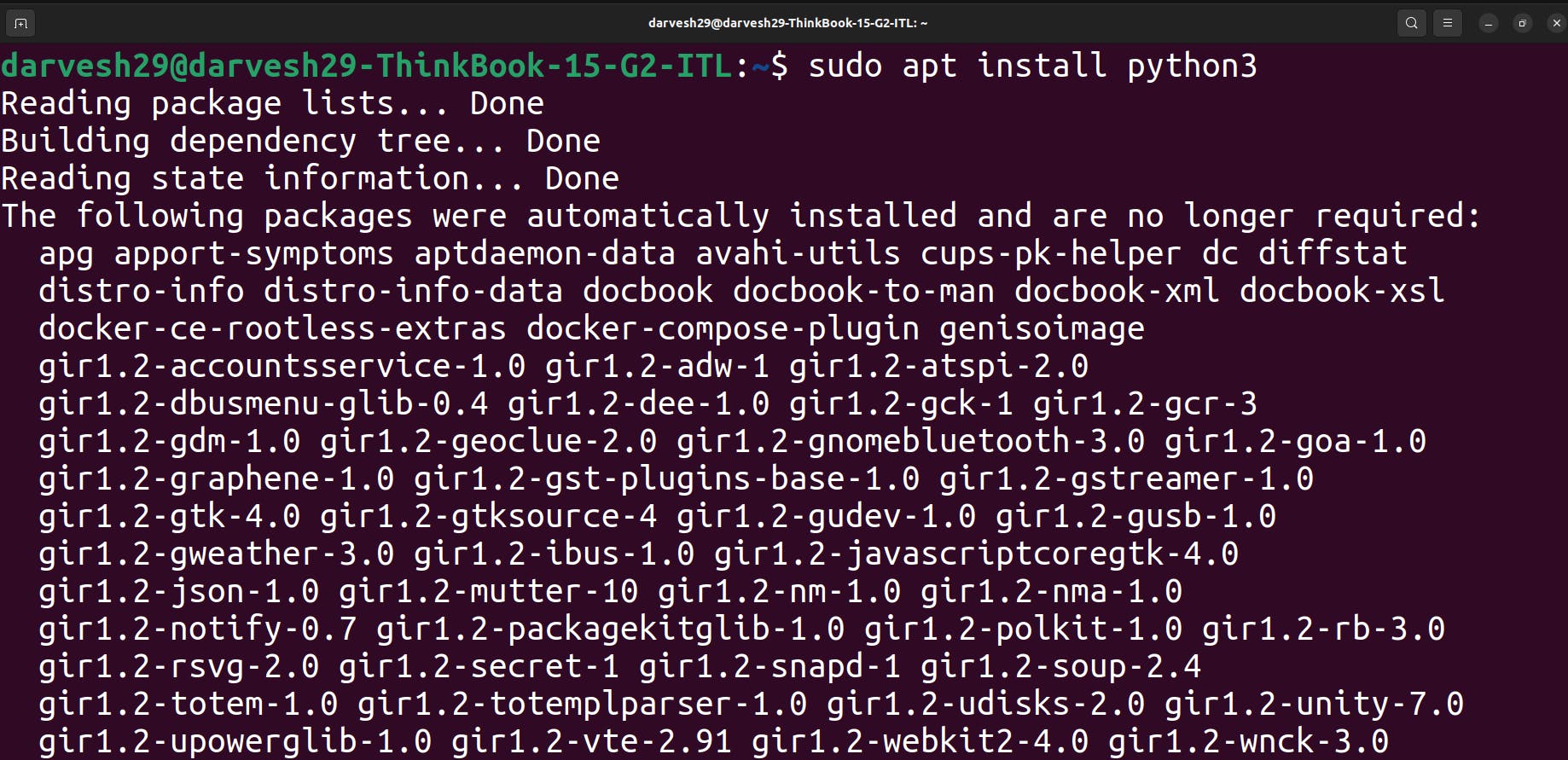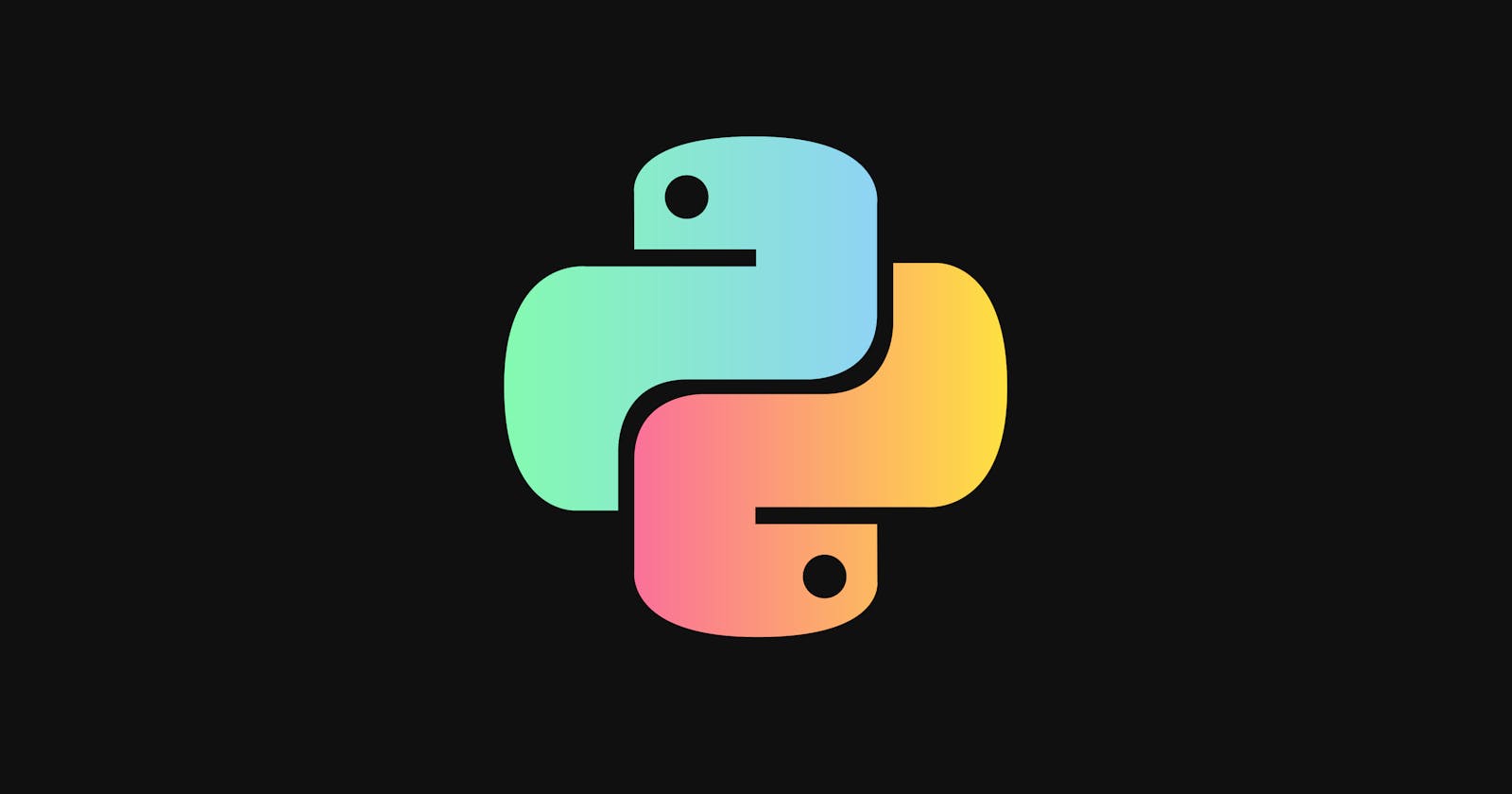Introduction:
Python is a versatile and beginner-friendly programming language that is widely used in various fields, including web development, data analysis, artificial intelligence, and automation. Understanding the basics of Python is essential for aspiring DevOps engineers to build logic, automate tasks, and create efficient scripts for managing infrastructure and deployments.
What is Python?
Python is an open-source, general-purpose, high-level, and object-oriented programming language. It was created by Guido van Rossum and first released in 1991. Python's syntax is clean and easy to read, making it an ideal choice for beginners and experienced programmers alike. One of Python's key strengths is its extensive standard library, which provides a wide range of modules and packages for different purposes.
Why Python for DevOps?
Automation Powerhouse: Script repetitive tasks, configure infrastructure, and manage deployments efficiently.
Rapid Prototyping: Test ideas quickly and iterate on solutions swiftly.
Cross-Platform Compatibility: Runs seamlessly on Windows, macOS, Linux, and more, making it ideal for diverse DevOps environments.
Rich Ecosystem: Leverages a vast library of pre-built modules and frameworks, saving you development time.
Task 1: Installation and Version Check



Understanding Data Types in Python:
Python supports various data types that allow you to store and manipulate different kinds of data. Some of the commonly used data types in Python include:
Integer (int)
Float (float)
String (str)
Boolean (bool)
List (list)
Tuple (tuple)
Dictionary (dict)
Set (set)
Each data type has its own set of operations and methods for performing specific tasks. Understanding these data types is fundamental to writing Python programs and working with data effectively.
Conclusion
In this blog, we've covered the fundamentals of Python programming, including its definition, installation process, and basic data types. Python's simplicity and versatility make it an excellent choice for beginners looking to learn programming and experienced developers working on complex projects. By understanding Python's syntax, data types, and installation procedures, aspiring DevOps engineers can lay a strong foundation for building automation scripts, managing infrastructure, and collaborating with team members effectively. As you continue your journey with Python, don't hesitate to explore its vast ecosystem of libraries, frameworks, and tools to enhance your programming skills and accomplish your goals in the world of DevOps.
Happy coding!
